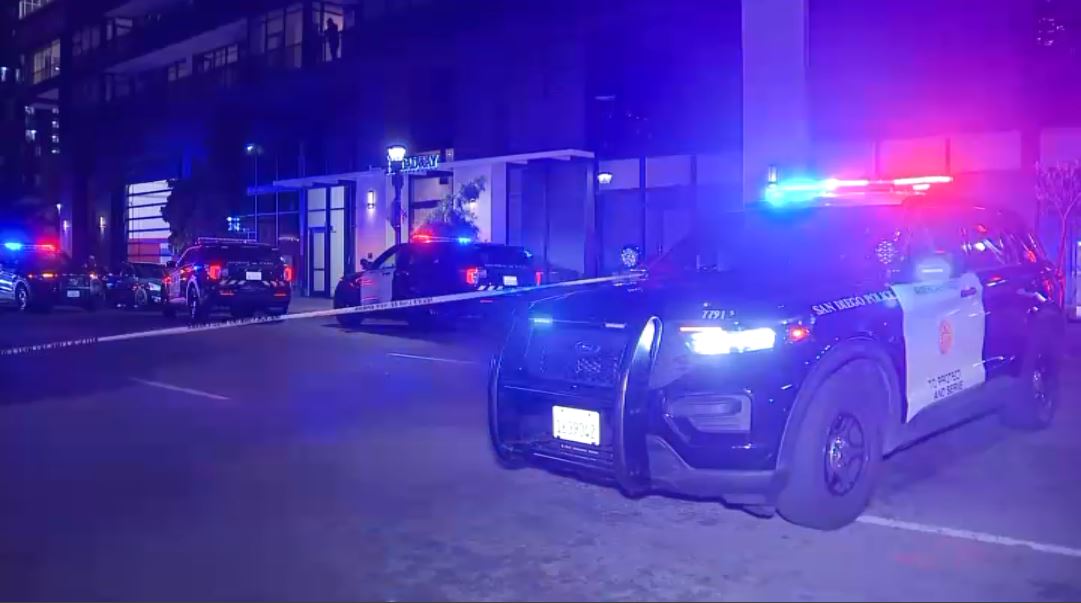The city of San Diego’s Commission on Police Practices wants to change the body-worn camera policy and at least one part of the disciplinary process to ensure San Diego police officers don’t avoid punishment for policy breaches, reports NBC 7’s Dave Summers.
The city of San Diego's Commission on Police Practices wants to change the body-worn camera policy and at least one part of the disciplinary process to ensure San Diego police officers don’t avoid punishment for policy breaches.
The commission said the prospective changes, which were made public this month, could help the department become more accountable and transparent.
San Diego police are required to record interactions at the point that law enforcement comes into contact with the public but in some instances, for any number of reasons, officers fail to start recording.
The body-warn camera has a built-in buffer that automatically records two minutes of video (without sound) after to hitting the start button.
Get top local stories in San Diego delivered to you every morning. Sign up for NBC San Diego's News Headlines newsletter.
"That audio would tell us: What did the officer say? What did the person in the car say?" Commission Chairperson Brandon Hilpert told NBC 7. "It would help us understand the situation a little more clearly.”
Hilpert said there isn’t a specific San Diego Police Department case that prompted the recommendation. He did say, though, that the San Francisco Bay Area Transit Police (BART) police officer body-worn cameras buffer video and audio. According to that department, though, the buffering lasts for one minute rather than the two minutes that San Diego's does.
“I don’t think there is much of a risk of having officers exposed in a way that is unfair or gives any undo criticism of what their actions are,“ Hilpert said.
Local
San Diego Police Officers Association president Jared Wilson sent a statement to NBC 7 that read, in part: “The SDPOA is evaluating the commission's proposal on body-worn cameras and discipline. The SDPD was the first large police agency in the U.S. to implement a large-scale body worn camera program.“
The commission’s primary duty is to review citizen complaints about police. When officers are found in violation of policy and disciplined, command staff is required to provide a disciplinary memo to the commission.
The Commission on Police Practices makes the recommendation but it’s up to the police Department administration to implement them.
Hilpert says since that, since the inception of the Commission on Police Practices. the department has implemented between 80-85% of all its recommendations.
Hilpert said the command memos are often issued in an untimely manner, which could open an opportunity for officers to avoid punishment.
“The cases we are getting back — the discipline may have happened, but command isn’t sending that discipline memo for months, and obviously it is important to have that officer disciplined within the one-year mark because the officer bill of rights requires it," Hilpert said. "After that one-year mark, the officer cannot be disciplined."
Wilson, however, said in his statement that any blame for delay should be directed at the commission.
“SDPOA is concerned that the commission has fallen significantly behind on their primary duty of reviewing community complaints and police discipline," Wilson said. "Dozens and dozens of complaints and discipline cases are falling months behind the review process."
For now. the powers of the commission are limited. Although the state recognized its formation in December 2020, San Diego's City Council has yet to create an ordinance that would implement the commission's full authority.



